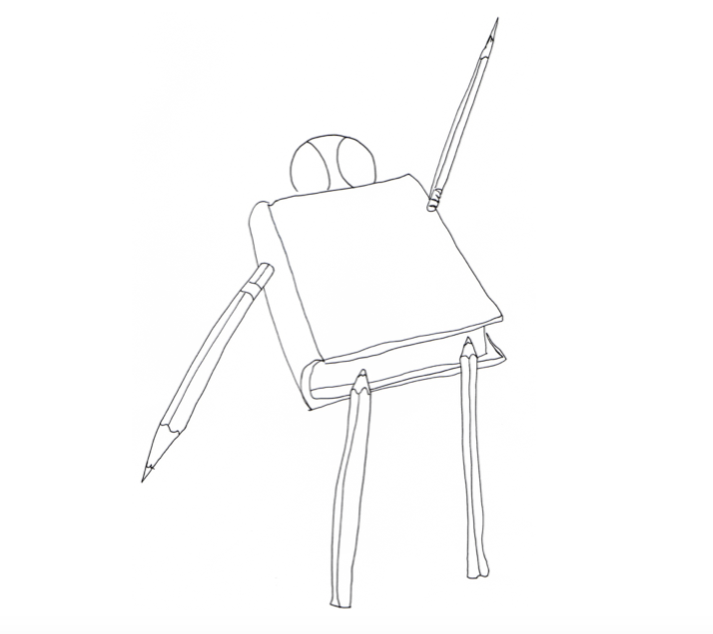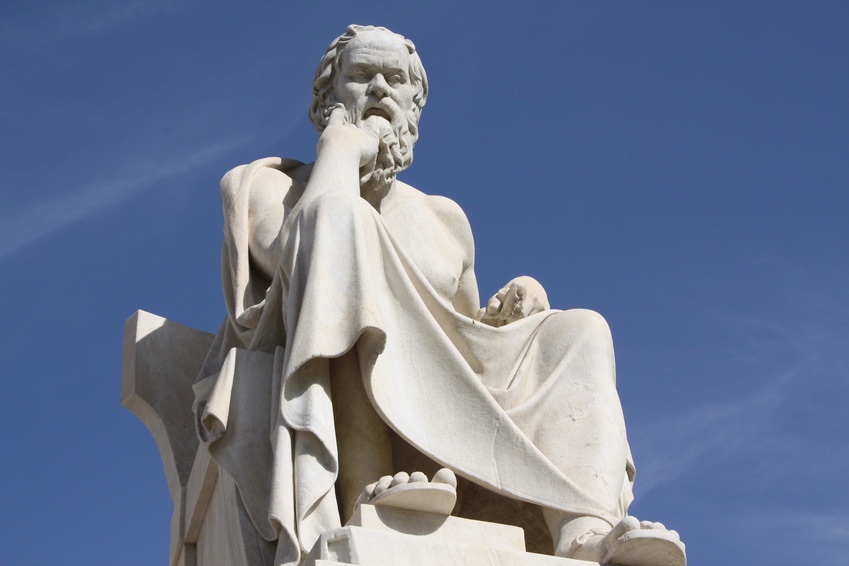Should Philosophy Be Taught As Part of RE?
By Rob James
The question of whether philosophy should be taught as part of religious education arguably comes down to a decision between teaching either on their own merits, or whether ongoing threats to religious education in schools can be best dealt with by making the subject more relevant for students. The recent introduction of an English Baccalaureate controversially removed RE as one of the core subjects, in contrast to its use within the GCSE as a short course and full option. In effect, students no longer require some form of RE as an important part of their secondary education.
ns.
Posted by on 10th September 2012 at 12:00am
Category: Education
What Makes Us Who We Are?
By former Philosophy Foundation pupil Alfie Blagg, age 13.
This scary question may make our head hurt or make us panic. What actually makes a human person an individual and what changes through our lives effects who we are. Seven billion people live on Planet Earth today and every single one of them is different; by their facial features, skin colour, personal opinions, size, weight, height, DNA and many other differences. But we can’t deny the change our bodies and minds encounter through our lives. If one was to say that what defines us is our cells and how they are, that would be very incorrect because cells change every seven years.
Posted by on 3rd August 2012 at 12:00am
Category: Education
Philosophy with Children on the Philosophy Now Radio Show
Primary school philosophy live on the Philosophy Now radio show, with children from All Saints School, Blackheath, Years 4-6 (ages 8-10). Run by Peter Worley, interviewed by Grant Bartley from Philosophy Now.
Available to listen to here: Philosophy with Children
This paper was written to aid our trainees, but also give insight into some of our techniques for doing P4C.
Posted by Philosophy Foundation Admin on 12th February 2012 at 12:00am
Category: Philosophy, P4C
Classroom in One Voice
Dialectic
Dialectic is a form of enquiry that makes use of question-and-answer, or objections-and-replies as its basic structure. In other words it is an enquiring conversation, reflective and critical. The word ‘conversation’ pinpoints the essential character of dialectic: there is more than one speaker.
Posted by Philosophy Foundation Admin on 9th January 2012 at 12:00am
Category: Philosophy, P4C, Education






